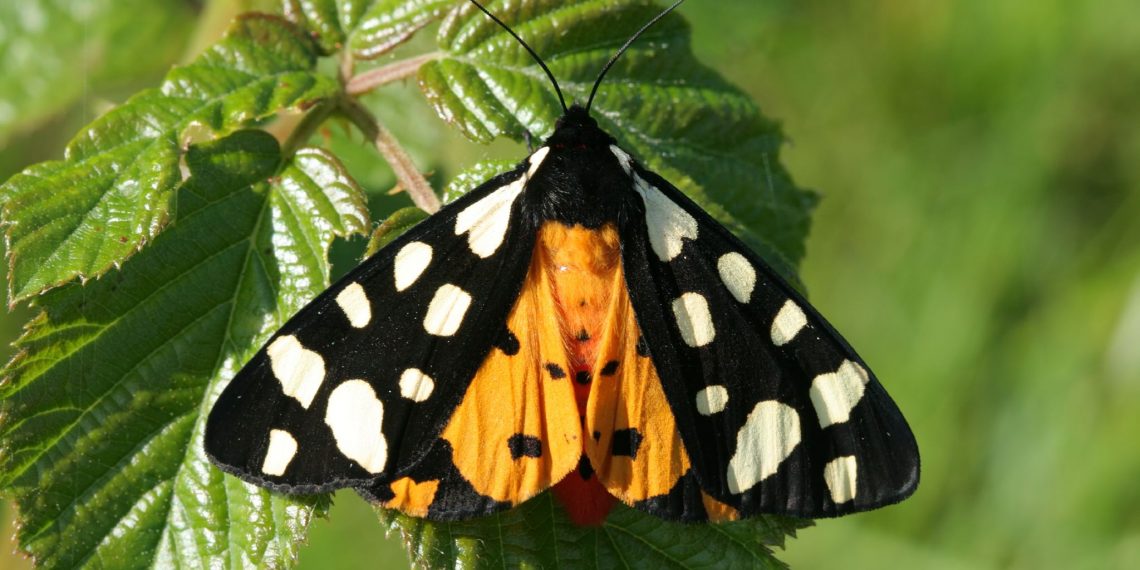INESC TEC researchers developed Biolens, a web application that allows the classification of biological species through the submission of photographs. Currently, the platform is able to recognise a significant subset of the Portuguese species of dragonflies, butterflies and moths.
Luís Lopes, INESC TEC researcher and one of the app developers, explained that the platform resorts to “artificial intelligence techniques, namely deep neural networks, for image classification, towards developing models for automatic identification of biological species that work as indicators of ecosystems’ health”.
The development of the Biolens solution stems from the need for greater precision in identifying existing citizen-science tools, particularly regarding species in Portugal. “Biolens aims to help building comprehensive databases of species in Portuguese territory, making them available to the scientific community”, said Eduardo Marques, INESC TEC researcher and a member of the team that developed the technology. The studies resulting from these databases will make it possible to monitor the biodiversity of a given region, and the data will be used in political decision-making processes focusing on ecosystems’ protection.
By being able to make an immediate classification, the web application can engage “citizen scientists” to use crowd-sourcing platforms to identify the animals they photograph. “This type of database is very important, since obtaining large volumes of data on the location of these species requires numerous field studies, with significant costs”, explained Eduardo Marques.
The Biological Park of Gaia, the Portuguese Botanical Society and the Natural History and Science Museum of the University of Porto collaborate in this project as sources of taxonomy-related knowledge. The project also foresees the inclusion of other taxonomic groups in the short-term, namely the Portuguese flora, besides the animals currently featured on the platform.
The INESC TEC researchers mentioned in this news piece are associated with UP-FEUP.




 News, current topics, curiosities and so much more about INESC TEC and its community!
News, current topics, curiosities and so much more about INESC TEC and its community!